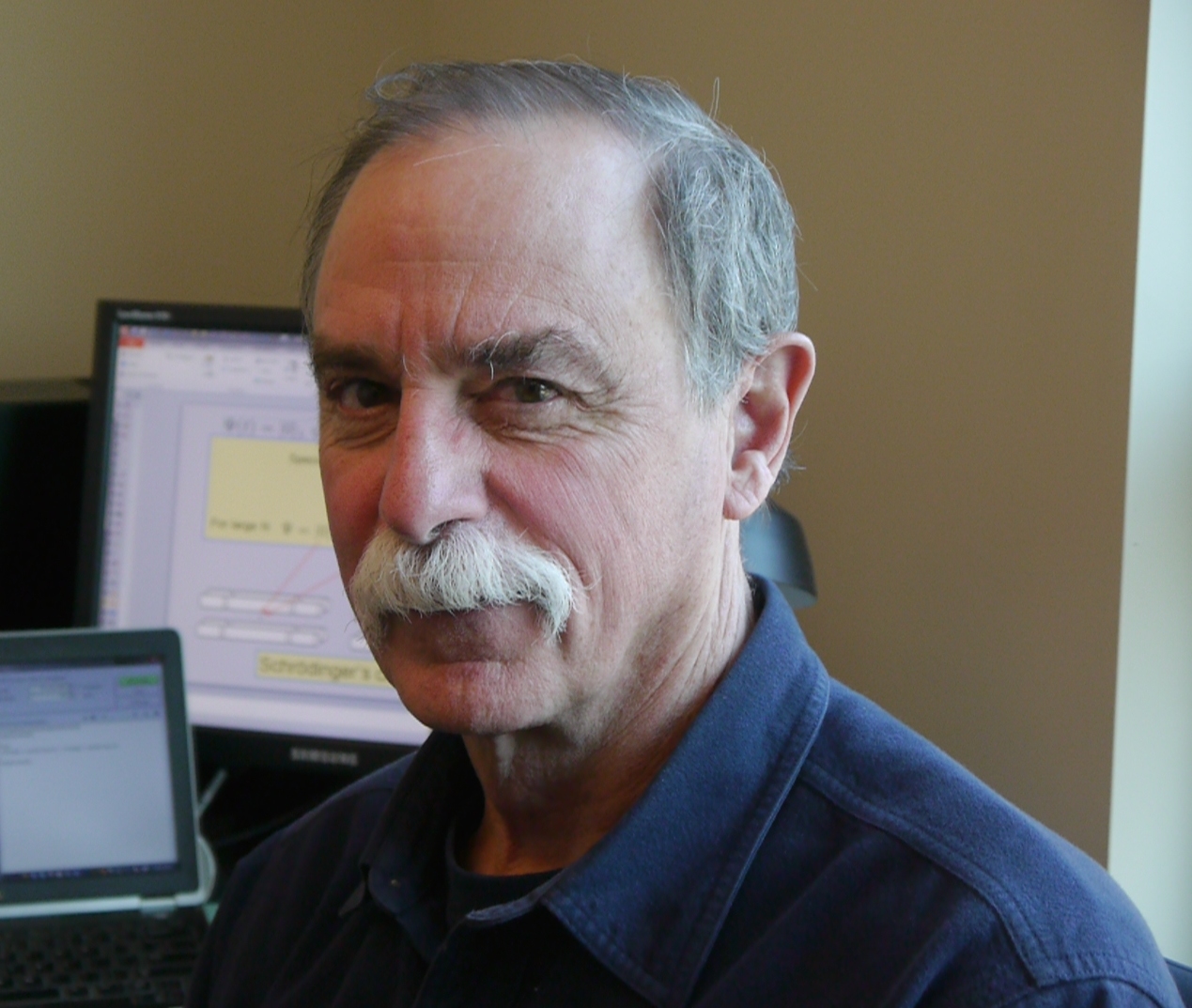 Quantum Computers [starts at 7:05] Dr. David Wineland has worked at the National Institute of Standards and Technology in Boulder, Colorado, for 38 years. In 2012, he shared the Nobel Prize in Physics with France’s Dr. Serge Haroche for “ground-breaking experimental methods that enable measuring and manipulation of individual quantum systems”. Dr. Wineland and his colleagues use electromagnetic fields to trap individual ions for long periods of time, and lasers to place the ions in quantum superposition states. Superposition is like being both here and there at the same time.
Quantum Computers [starts at 7:05] Dr. David Wineland has worked at the National Institute of Standards and Technology in Boulder, Colorado, for 38 years. In 2012, he shared the Nobel Prize in Physics with France’s Dr. Serge Haroche for “ground-breaking experimental methods that enable measuring and manipulation of individual quantum systems”. Dr. Wineland and his colleagues use electromagnetic fields to trap individual ions for long periods of time, and lasers to place the ions in quantum superposition states. Superposition is like being both here and there at the same time.
Superposition, if taken literally (as many physicists believe it should, although some disagree), results in some very strange behaviors, like in a thought experiment designed by Erwin Schrodinger. Schrodinger’s thought experiment describes how a cat in a box can both dead and alive at the same time. Dr. Wineland talks with How On Earth’s Jim Pullen about the connection between his work and Schrodinger’s famous cat. He says quantum computers are in the news.
In a two part series in early 2013, Jim Pullen also interviewed Dr. Wineland on the occasion of the award of his Nobel Prize (on the physics and the human side of winning the Nobel Prize).
Host, Engineer, Producer: Joel Parker
Additional contributions: Jim Pullen, Jane Palmer, Beth Bartel, Kendra Krueger
Listen to the show:
Podcast: Play in new window | Download (Duration: 25:55 — 23.7MB)
Subscribe: RSS






 Neuroscience of Dying (start time 12:38) If there’s one thing more certain than taxes—pardon the reminder—it’s death. It may be certain, but it’s still one of life’s biggest mysteries. On today’s show, we explore what neuroscience can tell us about chemical and hormonal releases that can occur as we near the threshold of death.
Neuroscience of Dying (start time 12:38) If there’s one thing more certain than taxes—pardon the reminder—it’s death. It may be certain, but it’s still one of life’s biggest mysteries. On today’s show, we explore what neuroscience can tell us about chemical and hormonal releases that can occur as we near the threshold of death.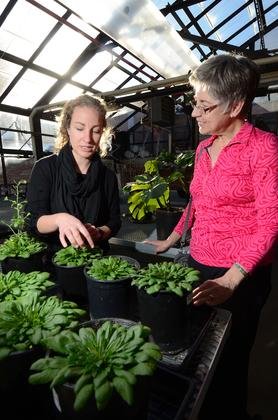


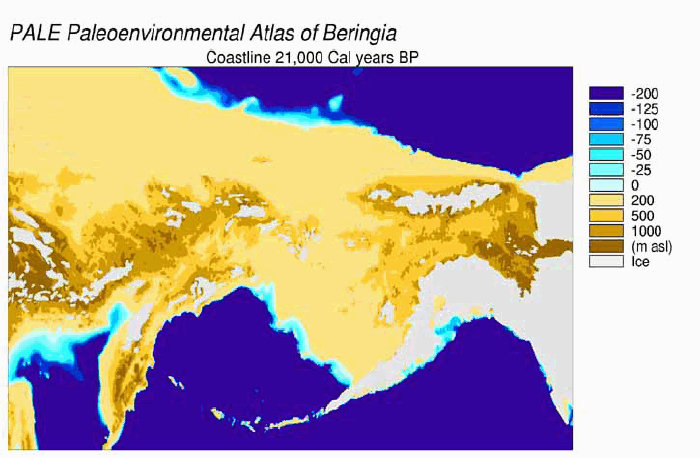

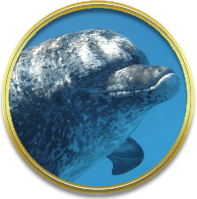 Her quest to learn whether dolphins have language, and to learn that language, is notable for its longevity. But her relationship with them is remarkably respectful, too. We last
Her quest to learn whether dolphins have language, and to learn that language, is notable for its longevity. But her relationship with them is remarkably respectful, too. We last  The Ogallala Road (start time 15:15). We often hear about how the Colorado River is running dry. The Western states that rely on its flowing water are struggling to reckon with how its depleting reservoirs will satiate growing populations. You’ve probably seen images of the white “bathrub rings” at Lake Powell and Lake Mead that expose the water line rings of years ago. But there’s an equally dramatic and dangerous drop in an invisible source of water. That’s the
The Ogallala Road (start time 15:15). We often hear about how the Colorado River is running dry. The Western states that rely on its flowing water are struggling to reckon with how its depleting reservoirs will satiate growing populations. You’ve probably seen images of the white “bathrub rings” at Lake Powell and Lake Mead that expose the water line rings of years ago. But there’s an equally dramatic and dangerous drop in an invisible source of water. That’s the 

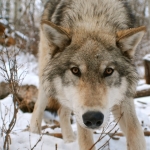 Haven for Captive Wolves (start time 14:25)
Haven for Captive Wolves (start time 14:25)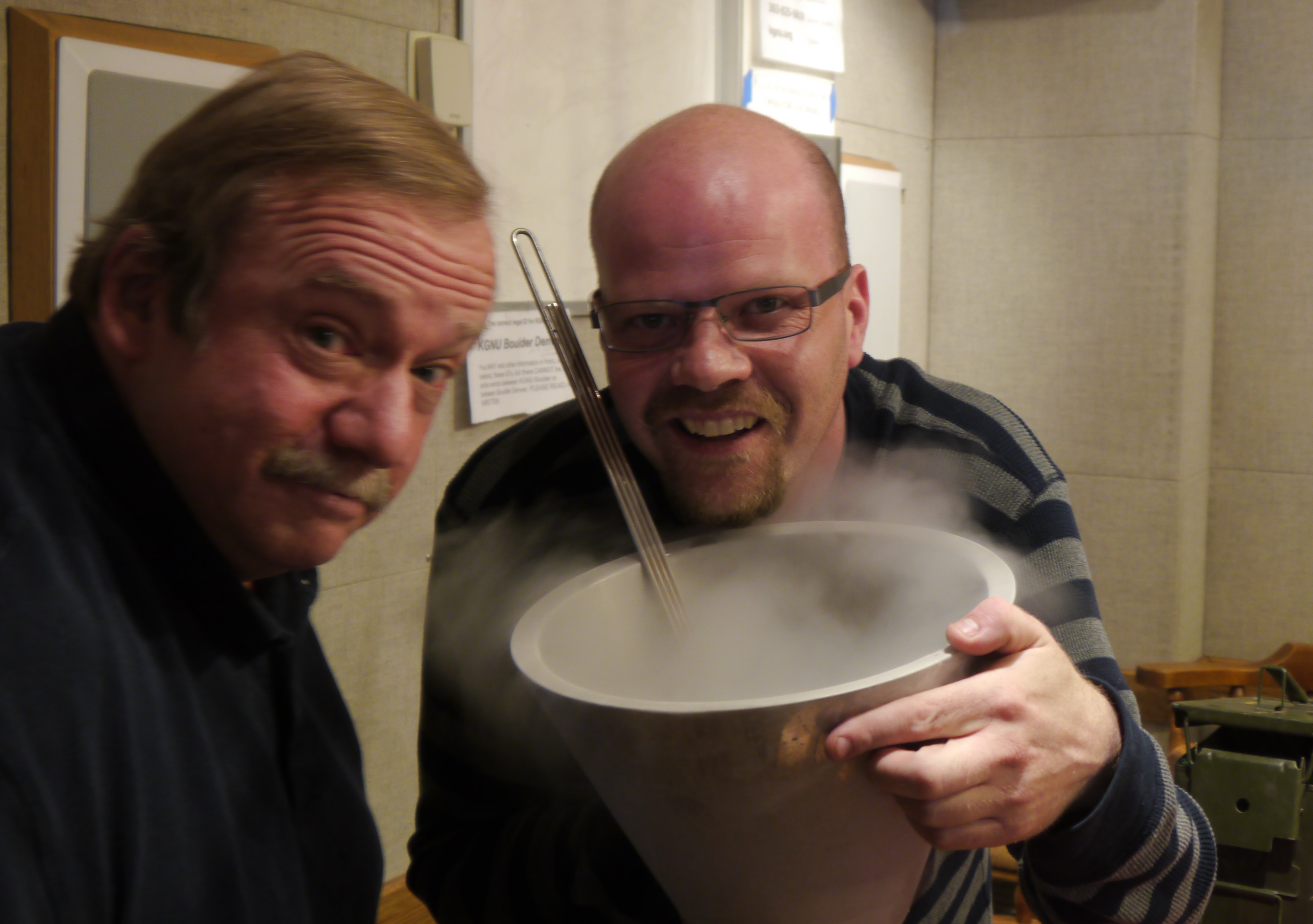
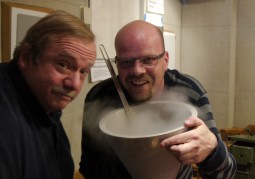 Welcome to a special
Welcome to a special 
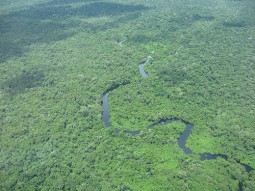 Amazon CO2 (start time 04:37) The Amazon basin contains the largest tropical rainforest on the planet. It’s been critical not only for its beauty and biodiversity but also for its ability to store more carbon dioxide than it emits. The soil and above-ground biomass of the Amazon makes it one of the largest reservoirs of carbon dioxide. And that has helped to keep climate change from accelerating even faster. But a new
Amazon CO2 (start time 04:37) The Amazon basin contains the largest tropical rainforest on the planet. It’s been critical not only for its beauty and biodiversity but also for its ability to store more carbon dioxide than it emits. The soil and above-ground biomass of the Amazon makes it one of the largest reservoirs of carbon dioxide. And that has helped to keep climate change from accelerating even faster. But a new 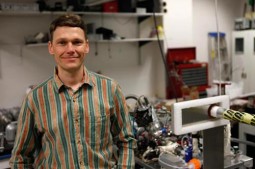 Power Plant Smokestacks (start time 14:43) To understand the global greenhouse gas budgets, it’s critical to characterize their sources and sinks. Electrical power generation accounts for about a
Power Plant Smokestacks (start time 14:43) To understand the global greenhouse gas budgets, it’s critical to characterize their sources and sinks. Electrical power generation accounts for about a 
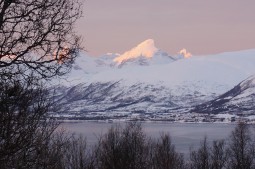

 Bonobo Conservation Success: (start time: 16:11) Author
Bonobo Conservation Success: (start time: 16:11) Author 

 Strontium Clock (start time 14:10) We’ve got a full-house of physicists in the studio today to help us understand the new
Strontium Clock (start time 14:10) We’ve got a full-house of physicists in the studio today to help us understand the new 



